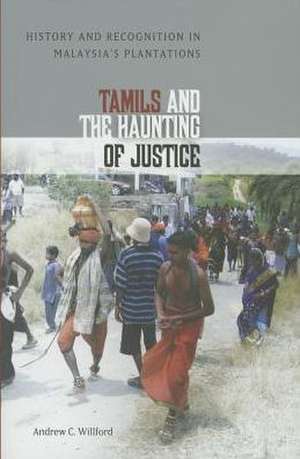Tamils & the Haunting of Justice
Autor Andrew C. Willford, S. Nagarajanen Limba Engleză Hardback – 29 noi 2014
Preț: 381.60 lei
Preț vechi: 478.31 lei
-20% Nou
Puncte Express: 572
Preț estimativ în valută:
73.03€ • 75.78$ • 61.04£
73.03€ • 75.78$ • 61.04£
Carte indisponibilă temporar
Doresc să fiu notificat când acest titlu va fi disponibil:
Se trimite...
Preluare comenzi: 021 569.72.76
Specificații
ISBN-13: 9780824838942
ISBN-10: 0824838947
Pagini: 318
Dimensiuni: 155 x 229 x 28 mm
Greutate: 0.64 kg
Editura: University of Hawaii Press
ISBN-10: 0824838947
Pagini: 318
Dimensiuni: 155 x 229 x 28 mm
Greutate: 0.64 kg
Editura: University of Hawaii Press
